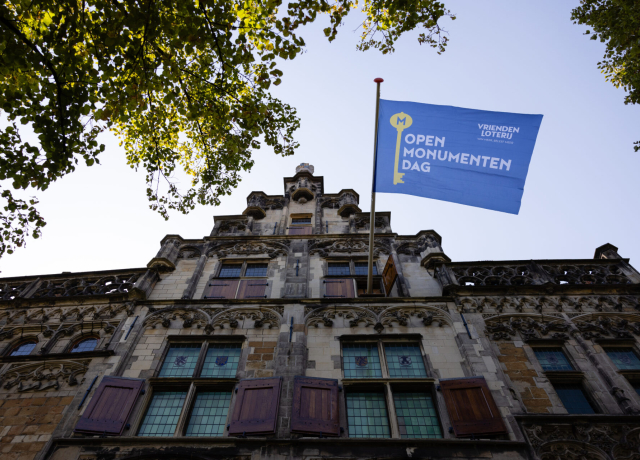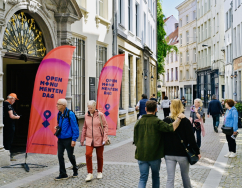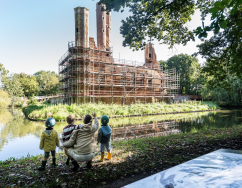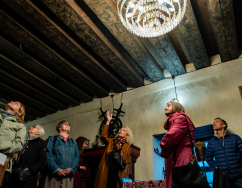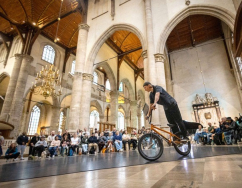European Heritage Days Article:
Architectural Heritage Celebrated Across Europe for European Heritage Days 2025
European Heritage Days Article:
Architectural Heritage Celebrated Across Europe for European Heritage Days 2025
As September sees the launch of many European Heritage days programmes, here is a look at some of the approaches to the Architectural Heritage theme which visitors can enjoy across the continent this month.
Celebrating the variety of Europe’s architecture
With the Architectural Heritage theme delving into Europe’s rich and varied architectural landscape, visitors can experience a huge range of event topics and venues. For example, in the Netherlands, events on the 13th-14th September will be using the slogan "Built to Last" to emphasise the value of historic buildings across the country. Architectural styles such as Neoclassical, the Amsterdam School, Art Nouveau and Brutalism will be explored as well many categories of buildings including castles, mills, defensive works and farms. While in England, another varied programme will be looking at architecture ranging across ‘buildings, bridges and beehives’, with events across ten days from 12th-21st September encouraging visitors to explore how the world has been designed and built around them. Other places are focusing on specific types of buildings, such as in Antwerp which is hosting the Flemish celebrations in Belgium this year. On 14th September the city is particularly looking at ‘Sacred Houses’ with a showcase of religious buildings, exploring topics such as repurposed spaces and explaining how religious rituals inform the design of places including synagogues, churches and mosques.
Appreciating contemporary and future Architectural Heritage
Alongside historic places, this year’s theme is also looking at more recent design styles and contemporary buildings, as well as considering what might be the Architectural Heritage of the future. In Poland, the theme’s motto, ‘Towards Architecture. Young Heritage’ is placing an emphasis on discovering and appreciating 20th and 21st century architecture. Across the two weekends of 13th-14th and 20th-21st September, events will be reflecting on the interpretation and role of modern styles for cultural heritage and drawing attention to these newer buildings as monuments which require protection. Meanwhile, the future aspects of the theme are being particularly highlighted in Lithuania where organisers are inviting visitors to discover Architectural Heritage as a link between the past, present and future. From 18th-26th September, events will also be considering how issues such as climate change will affect what the built environment will look like in 200 or even 500 years and how best to preserve it for future generations.
Demonstrating conservation work
As well as the tangible heritage of buildings, Architectural Heritage is also about the skills of craftspeople who help to restore and maintain historic places. This year in Germany, a particular angle to conservation work is being considered by addressing the question of why preserving monuments is important. On 14th September, thousands of buildings will open their doors with many events exploring this topic through the theme ‘VALUE-full: Priceless or Irreplaceable?’. Events will be demonstrating the social value of the built environment for lived memories and identity, as well as looking at the process of placing protections on a building to dispel common misconceptions about the expense, difficulty or need for doing so. Visitors will also have opportunities to visit construction sites to meet conservation experts and learn more about the work funded by the German Foundation for Monument Protection.
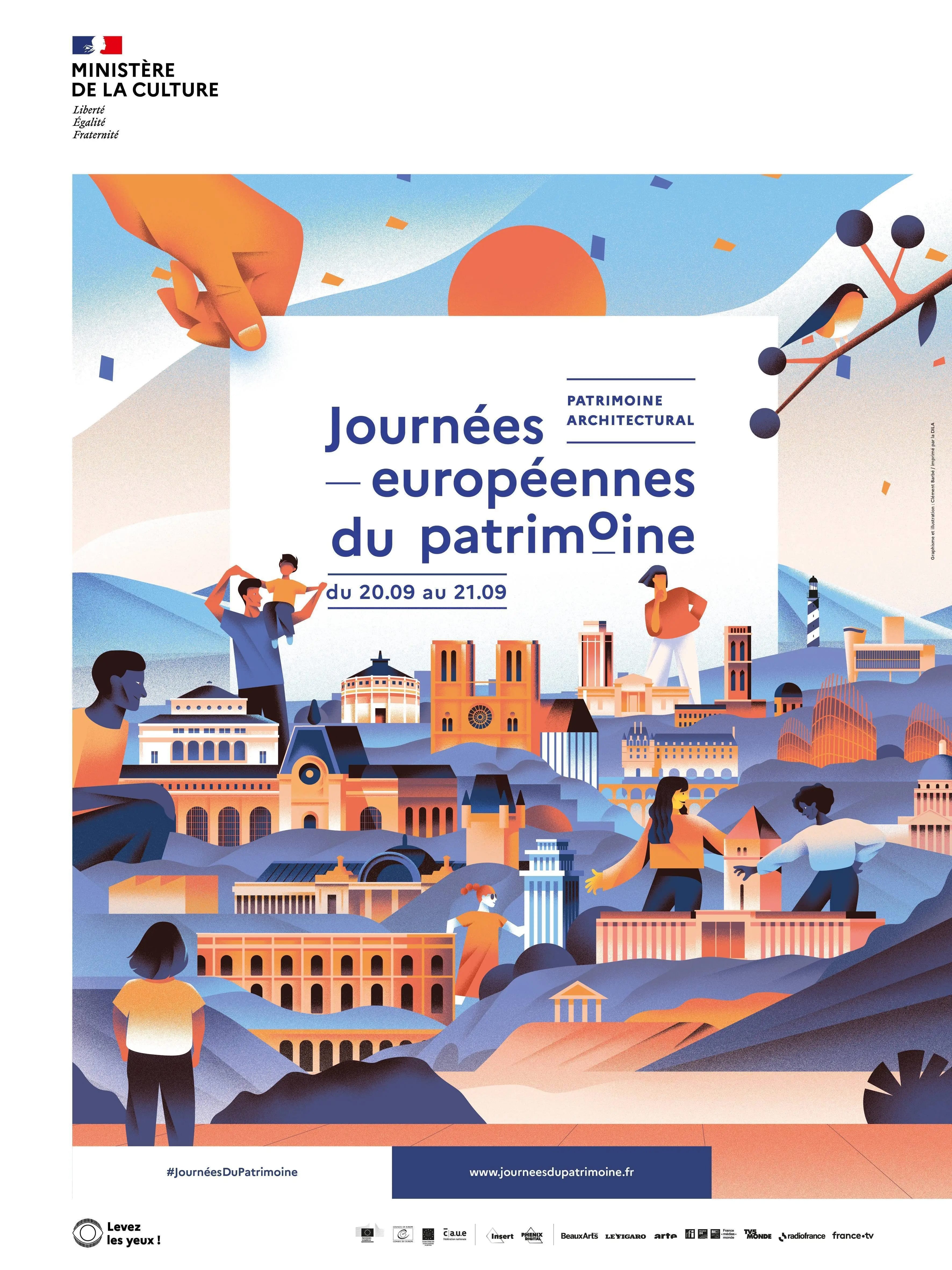
Remembering anniversaries and architects
The Architectural Heritage theme for 2025 aligns with several significant anniversaries including the 50th anniversary of the European Charter of Architectural Heritage and the 40th anniversary of the Council of Europe Convention for the Protection of Architectural Heritage. In France, another date being highlighted during European Heritage Days is the centenary of the International Exhibition of Modern Decorative and Industrial Arts which took place in Paris in 1925 and was influential in highlighting the Art Deco movement. Taking place across the long weekend of 19th-21st September, events across France will also be celebrating the work of architects across history such as Jules Hardouin-Mansart from the Baroque period and Charlotte Perriand known for her modernist 20th century designs, as well as demonstrating the work of those involved in architectural conservation and restoration today.
Exploring personal connections to places
The importance of buildings for people and communities is another aspect of the theme being explored. For example, in Norway, the Cultural Preservation Association is undertaking a year of activities based on the theme of ‘HOME’. This will reflect on what it means to be at home and how this can shape identity for individuals and society through the context of buildings as well as other strands exploring migration and people’s connection to the outdoors. During European Heritage Days, which take place between 30th August to 7th September, the focus on Architectural Heritage will be looking at how buildings convey ideas about social status, tell stories about cultural and national identity and help form feelings about belonging. The Swiss programme this year is also looking at people’s personal connections to buildings through the theme ‘Architectural Stories’. Events on the 13th and 14th September will be inviting visitors to consider how they interact with buildings they both live and work in, as well as highlighting personal narratives and diverse perspectives about unique structures across the country.
More information about the Architectural Heritage theme can be found on our website as well as selection of events, while full details about each of the event programmes can be found on the websites of the national coordinators. The work of European Heritage Days can also be followed on Facebook and Instagram .
